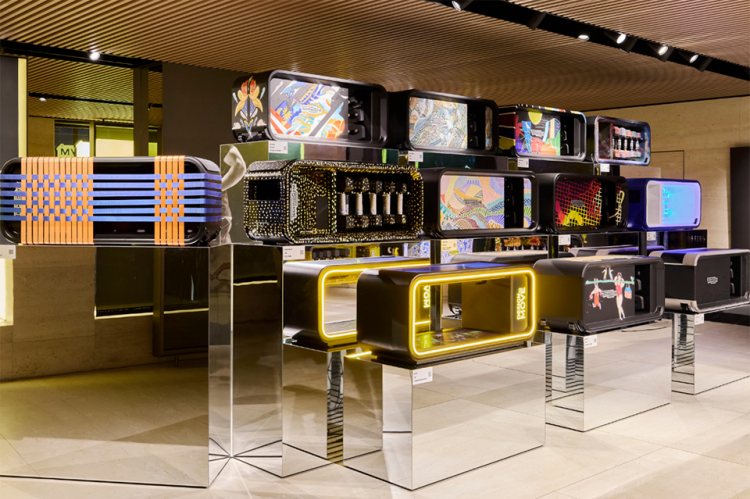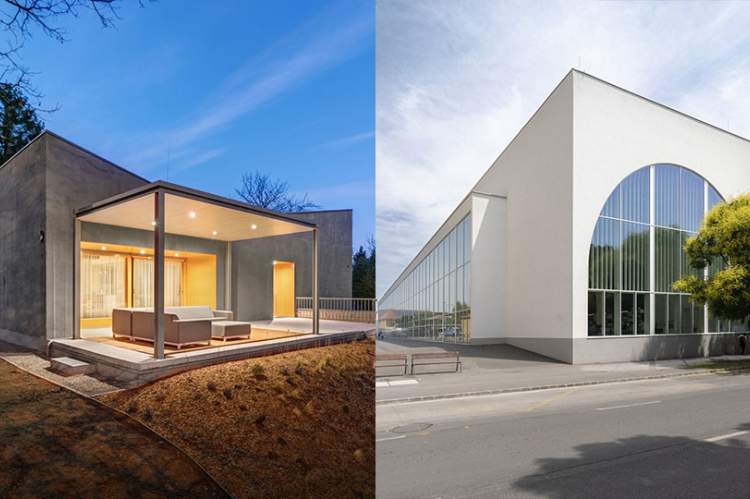Al-Azhar
A request was made to me to write about Al-Azhar.
In Hungarian, Wikipedia has that info: https://hu.wikipedia.org/wiki/Azhar_Egyetem And in English so many: https://en.wikipedia.org/wiki/Al-Azhar_University
The university was founded in the 10th century by the Fatimids, who maintained a Shiite caliphate.
Education began in 975 and later, as one caliphate replaced another, Al-Azhar became the central institution of Sunni Islam, where not only the teachings of Sunni but also Shiite, Sufi schools were taught. Thus, the scholars who learned here had a comprehensive picture of the thinking of the community belonging to Islamic Umma. The Shafai school of Sunni Islam is predominantly present in the curriculum, but the elements of Hanafi and Sufi schools are also significant.
I personally learned the Islamic sciences here from 1982-86.
Let's see how I got there. I graduated in Gödöllő, Hungary as an agricultural engineer in 1979. During my college years, I learned Arabic from my roommate. He was from Sudan. After I've got doctorate, I was then sent to Libya on behalf of an agricultural company. In my spare time, I set about translating the Quran. It was just a hobby at that time. Later I've been captivated by my hobby. I started to understand something about Islam and I felt that knowing this system was important to me.I was relocated to Egypt from 1992. I interpreted a lot for different delegations, so I got in touch with Esam Radi, who was the Minister of Irrigation at the time. I mentioned to him that I have a translation of Quran that I had previously sent to Al-Azhar for an overview and commenting, but I did not receive any response. Esam Radi was a religious man. He called the Sheikh of Al-Azhar, Gad AlHaqq Ali Gad Al-Haqq (1917-1996), who at this time was performing the grand-imam function of AlAzhar and requested an appointment for an audition. The Minister was also present at this audition. A multi-hour conversation began on the interpretation of the Quran, linguistic solutions, etc., I will not go into detail. Bottom line: Gad Al-Haqq made an offer: am I willing to visit Al-Azhar to learn Islam? Of course, I agreed.
I am not aware of the present of Al-Azhar. At the time, there were two types of education. In classrooms and the columnar one. The classroom-type doesn't differ from the one practiced in the secular school system. Students study in classrooms by grades. I couldn’t attend this because of my daily activities. The columnar one was left for me.
The columnar education was based on discourse. This was the original teaching method. At the foot of the columns in Al-Azhar’s colonnade sat one by one a scholar, a sheikh of a discipline, surrounded by students who were taught on a discourse basis. If the sheik saw that a student met the requirements, he forwarded him to the next column, where he could learn another curriculum from another sheikh. If the level of knowledge did not pass, the sheik sent the student to the library. This went on until the student got through the whole colonnade. Some have taken this journey in a few years, but some needed decades to fulfill it. I succeeded between 1982-86.
As for the curriculum, from Arabic literature, doctrines, fiqh, hadith and a thousand others were included. This can be easily checked up in the Contemporary Encyclopedia of Islam: https://mek.oszk.hu/20900/20902/ and the website of Eufatwa: https://www.eufatwa.com/ for the chapters and subjects of these works follow the curriculum taught in Al-Azhar.
My former scholars are now almost all dead. Those who are still alive, have moved from Egypt to other well-paying countries, but there are also those who have become politicized. I am not aware of the present of Al-Azhar, nor of the present of my former Hungarian alma maters, because the knowledge given today is different from what it was that time.
The attached pictures show the panel of the grand-imams of Al-Azhar, also Gad Al-Haqq, my paternal teacher, my leader who first called me a sheikh, and a few pictures showing the teaching going on there.
P.S. In addition to the above, the discourse-based method pursued by Al-Azhar has proved to me that a person, if very concentrated, cannot expose more than 30% of his own knowledge base. In order to mobilize the remaining 70%, it must be provoked by questions and answers. Therefore, a master cannot be a grand master as long as he only writes. He can become a great thinker when he sets up a school and his thoughts will be matured with discourses and finally, they become productive, fertile. So, discourse matures not only the student but also the teacher. This has been the case in the past. The future will be different.






















